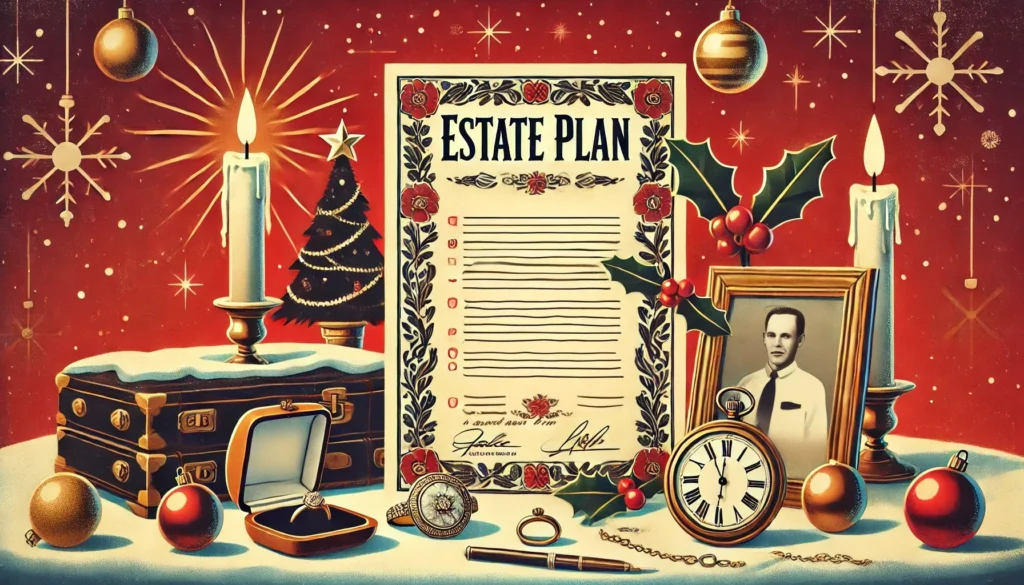Preserving Family Traditions Through Estate Planning

Preserving Family Traditions Through Estate Planning
Written by Robert Nickerson
Holidays are about family, laughter, and the traditions that tie us together—Grandma’s famous pie recipe, the annual ornament exchange, or the antique clock that’s been in the family for generations. But what happens to those cherished traditions and heirlooms when life changes? Without a plan, these pieces of family history might get lost, misplaced, or become a point of conflict. That’s where estate planning comes in.
Don’t worry—estate planning sounds complicated, but at its heart, it’s simply about protecting what matters most and ensuring your family legacy lives on
Why Does Estate Planning Matter for Family Traditions?
Estate planning isn’t just for the wealthy. It’s for anyone who wants their wishes to be honored and their loved ones to be taken care of. When it comes to heirlooms, keepsakes, and traditions, estate planning helps ensure:
- The Right Items Go to the Right People: If you want your niece to inherit your vintage jewelry or your son to receive the holiday china set, you can outline these wishes in a will or trust.
- Avoiding Family Conflicts: Without clear instructions, misunderstandings can happen. An estate plan removes the guesswork, keeping family harmony intact.
- Traditions Stay Alive: Beyond physical items, you can include guidance to carry on traditions—like funding an annual family gathering or preserving a special recipe book for future generations
Simple Steps to Protect Heirlooms and Traditions
Not sure where to start? Here are four simple steps to preserve your family’s legacy:
- Make a List of What Matters Most
Start by listing the items and traditions that hold sentimental value. Maybe it’s your great-grandfather’s war medals, a quilt passed down for generations, or a beloved Christmas tree topper. Write down who you’d like to receive each of these items. - Talk to Your Family
The holidays are the perfect time to have this conversation—when everyone’s together and memories are being shared. Ask your loved ones what items or traditions mean the most to them. This can help you decide who should inherit what and ensure those traditions continue. - Create or Update Your Will or Trust
A will is a basic legal document where you can outline who gets what after you’re gone. For more control, you can use a trust, which can help your wishes be carried out seamlessly and even avoid probate. A trusted estate planning attorney can help guide you. - Document Your Traditions
Estate planning doesn’t stop at physical items. Write down the stories, recipes, or instructions that make your traditions special. For example, if your family hosts a New Year’s brunch every year, include the details of how it’s done so future generations can keep the tradition alive
The Gift of Legacy
Estate planning is one of the most meaningful gifts you can give to your family. It’s not just about money or property—it’s about protecting memories, passing on love, and ensuring that what makes your family your family lives on.
As the holidays remind us, traditions bring us closer. By taking the time to plan today, you’re giving your family the gift of connection, harmony, and cherished memories for years to come.
Ready to start preserving your family’s legacy? Let’s plan together.
